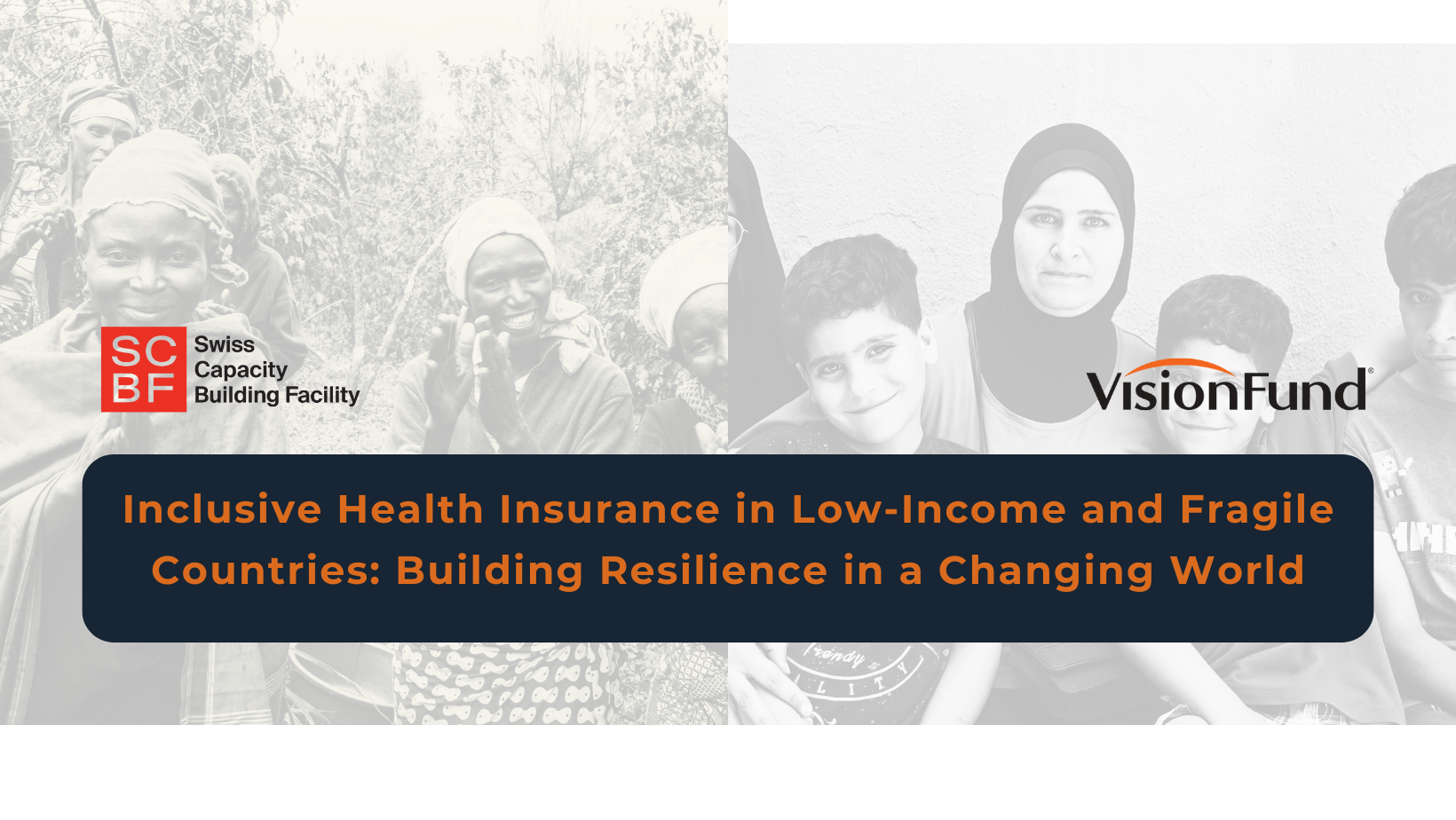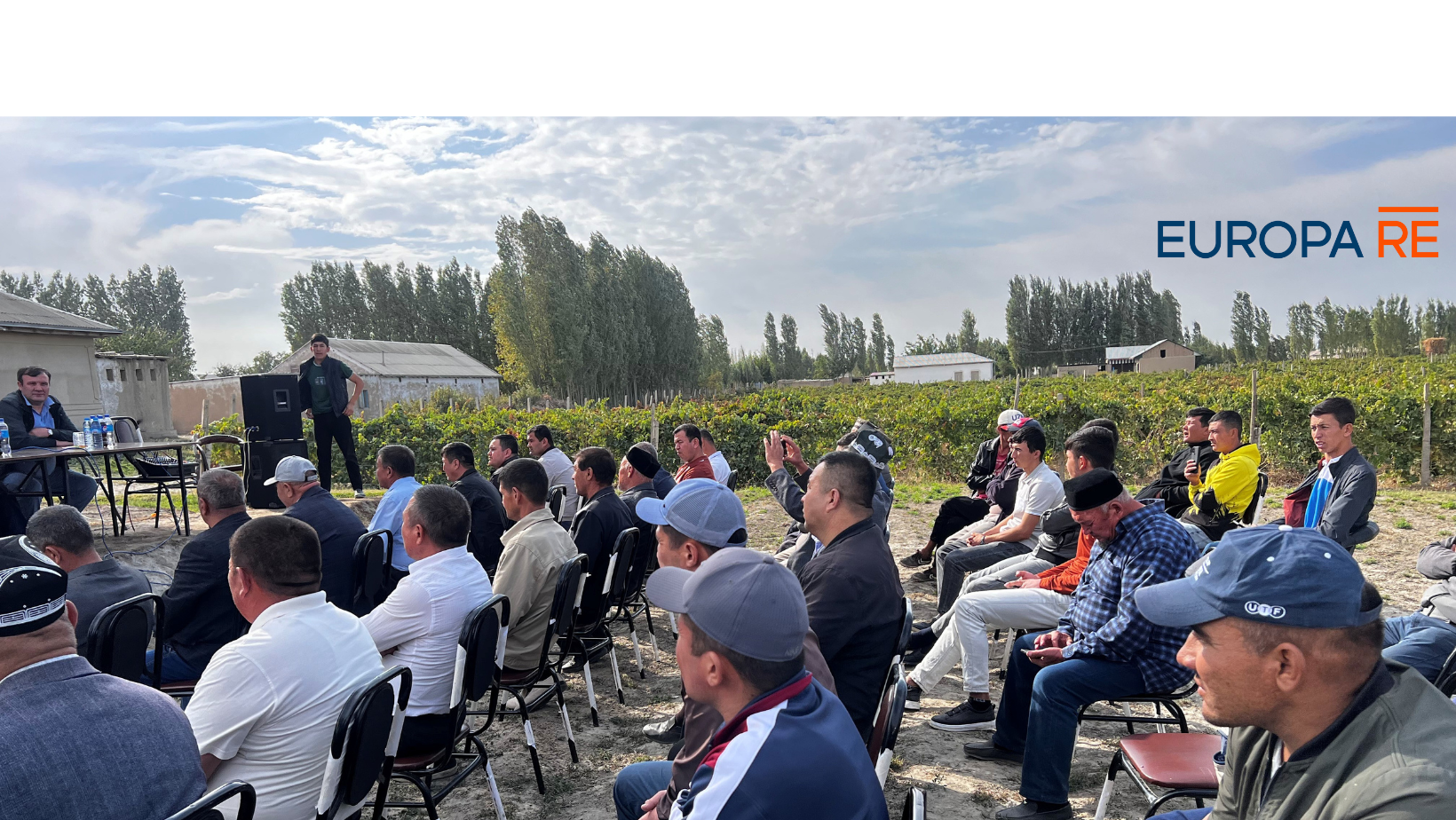Innovative finance for small businesses in a (mostly) digital world

As a small business owner and mobile money agent in Tanzania, Maria Francis Kihanga experienced an unprecedented level of uncertainty when the Government started to implement lockdowns and movement restrictions in response to COVID-19. How can I make money if customers can’t leave their homes? Yet, she quickly realized that the pandemic only increased customers’ need for mobile money, as many shifted to digital transactions to avoid the high-touch nature of cash and mitigate the risk of getting sick. This led to a new worry: how I can keep enough cash and electronic funds on-hand to manage the surge in customer demand, if I can’t safely visit a bank or super agent?
Figure 1: The use of the Hapa Cash overdraft service surges due to increased customer demand during the COVID-19 pandemic.

Despite the focus on the “digital” component of digital financial services (DFS), these services rely extensively on physical agent networks comprised of small shop owners like Maria Francis to both cash in and cash out (CICO). These shop owners must manage cash flow for both their shop’s business and their business as a DFS agent. When these businesses do not have either enough cash to allow DFS customers to withdraw funds, or enough electronic funds for DFS customers to make deposits, they have to turn these customers away, foregoing income and eroding customer trust in the convenience and reliability of DFS. To rebalance their mix of cash and electronic funds, the shop owner often has to close their shop to visit a bank or super agent (a larger business with more cash on-hand), which entails transport costs and which might violate pandemic-related movement restrictions.
For these reasons, agent liquidity management is a persistent challenge in DFS. One study found denial rates of 20 percent in Tanzania. Another study estimates that liquidity management can represent up to 10 percent of ongoing costs for an agent.
Luckily, Maria Francis has access to Hapa Cash, an overdraft service that uses dynamic, real-time data to support liquidity management. With Hapa Cash, now scaling in Tanzania through a partnership between SCBF, Kuunda, FINCA, and M-PESA, Marie Francis can access an overdraft facility if her cash/float balance is low in order to meet customer demands for both deposits and withdrawals. The overdraft facility provides very short-term loans (less than 24 hours) to keep agents transacting throughout the day.
How exactly does this service work?

Most importantly, and unique among similar products, the interest charged is always lower than the amount of the commission earned per transaction, to ensure that agents make a net profit from using the overdraft service.
“I like it very much. It has taught me discipline; every time I use [Hapa Cash], I automatically make more money and the more I use it, the higher my limit is so I can borrow more.”Maria Francis Kihanga
Hapa Cash is clearly supporting Maria Francis as a small business owner and DFS agent operating during a pandemic. At the same time, from this anecdote many larger questions arise. For instance:
- Are data-driven agent financing platforms the key to solving persistent liquidity management challenges?
- Which product features are critical to ensuring that these platforms grow agent incomes and expand DFS services, especially in rural areas?
- What other innovations are required to meet the financing needs of the 40 percent of small businesses globally who are credit-constrained?
To help answer these questions, SCBF and partners are providing technical assistance support to Kuunda and Pezesha, two fintech start-ups driving product innovation in agent liquidity and financing. SCBF’s network of public and private members is providing resources, knowledge, and networks to help refine and upscale these products, all while SCBF gathers evidence and insights to support the broader industry.
This is an emerging and dynamic space. The vast majority of DFS are still credit-constrained, waiting for products like those from Kuunda and Pezesha to evolve and scale. Still, as Emilio Hernandez of CGAP stated in a recent interview, early evidence clearly shows that “agents that start using overdraft facilities increase the average value of the CICO transactions they facilitate. This suggests that many agents are credit-constrained and cannot meet all of the client demand they face unless they can access external financing.”
As fintechs who offer these services gather more data and expand their capacity to serve more agents, SCBF plans to work with current and future partners to research and document lessons learned on designing effective algorithms, products, and services to effectively and safely meet agent financing needs – and keep DFS clients transacting.
Do you have practical insights on building meaningful, customer-centric financial products for DFS agents? We’d love to hear from you as we plan future research with our partners to answer these big questions. Get in touch at info@scbf.ch!




.png)










































.png)










.png)












































